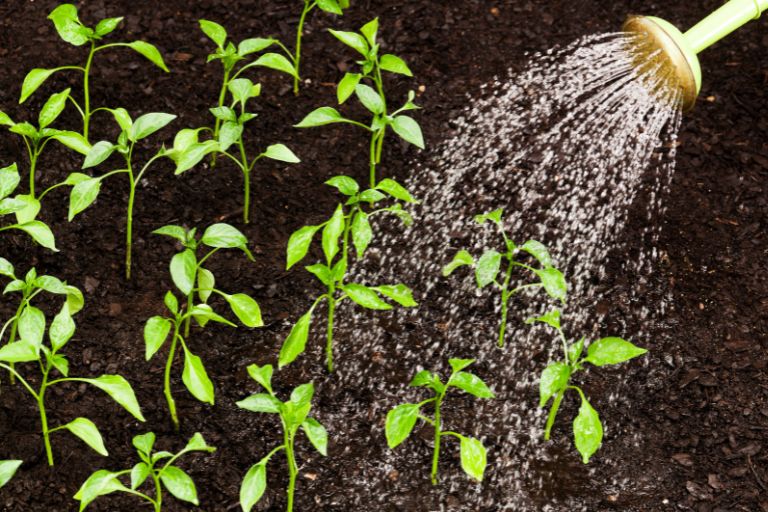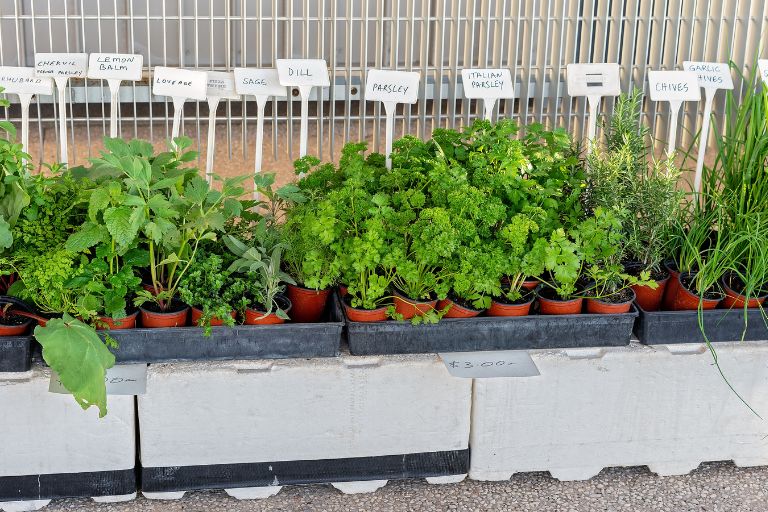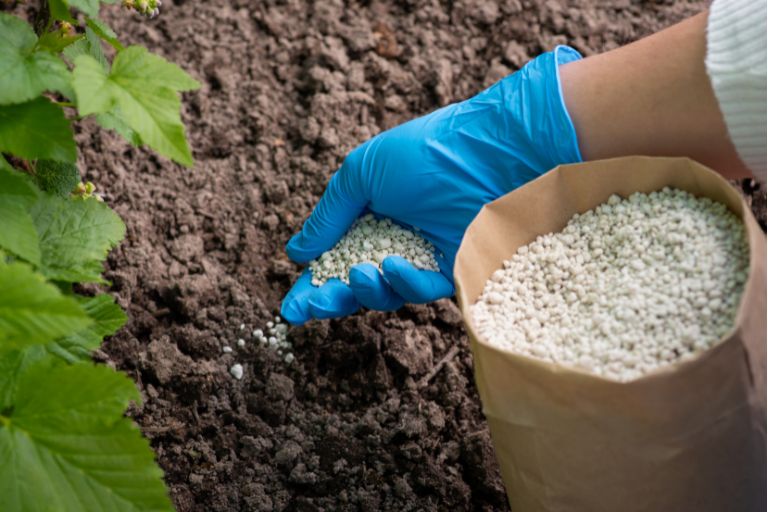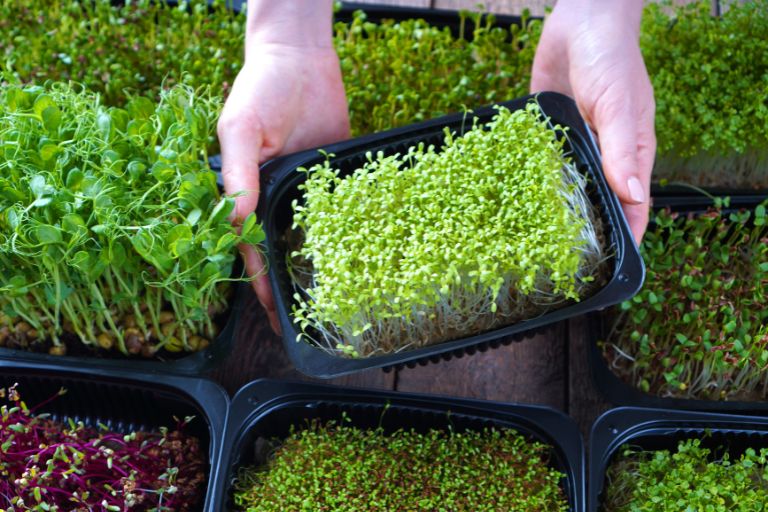Sowing Serenity: Exploring the Mental Health Benefits of Garage Gardening

Gardening has long been recognised as a therapeutic and rewarding activity that can improve mental health and well-being. Studies have shown that gardening can reduce stress, improve mood, increase physical activity and provide a sense of accomplishment. However, not everyone has access to outdoor space for gardening, which is where garage gardening comes in. Garage gardening is a practical and accessible way for individuals to enjoy the benefits of gardening, even in limited space or urban environments. In this article, we explore the various ways in which garage gardening can promote mental health and well-being, and provide tips and guidance on how to create and maintain a garage garden. Whether you’re an experienced gardener or just starting out, garage gardening can be a fulfilling and enriching activity that can improve your overall quality of life.
The Benefits of Gardening
Gardening is a hobby that has many physical and mental health benefits. Some of the main benefits of gardening include:
Stress reduction – Gardening is a relaxing activity that can help reduce stress and promote relaxation. Spending time in nature and engaging in a calming activity such as gardening can help reduce levels of cortisol, a hormone associated with stress.
Improved mood – Gardening has been shown to improve mood and reduce symptoms of anxiety and depression. The act of caring for plants and watching them grow can provide a sense of accomplishment and improve overall well-being.
Increased physical activity – Gardening is a low-impact form of exercise that can improve cardiovascular health, strengthen muscles and joints, and improve flexibility. Digging, planting, weeding and other gardening activities provide a good workout for the body.
Better nutrition – Gardening can provide access to fresh, healthy produce that is free from harmful chemicals and pesticides. A diet rich in fruits and vegetables can help reduce the risk of chronic diseases such as heart disease and diabetes.
Improved cognitive function – Gardening requires planning, problem solving and creativity, all of which can help improve cognitive function and memory.
Gardening can be a fun and rewarding activity with many physical and mental health benefits. Whether you have access to a large outdoor space or are starting a garden in your garage, the act of caring for plants and watching them grow can provide a sense of purpose and well-being.
How Garage Gardening Can Help
Garage gardening can be a practical and accessible way to enjoy the benefits of gardening, even if you have limited outdoor space or live in an urban area.
Space-saving – Garage gardening allows you to grow plants in a compact and controlled environment, making it an excellent option for those with limited space. By using containers or vertical gardening techniques, you can maximise the use of your available space.
Accessibility – Garage gardening can be done indoors, making it accessible to those with physical limitations or mobility issues. This makes it a great option for seniors or people with disabilities.
Control – Garage gardening allows you to control the environment in which your plants grow. This means you can regulate the temperature, humidity and lighting to ensure optimum growing conditions for your plants.
Year-round gardening – Garage gardening allows you to grow plants all year round, regardless of the season or weather conditions outside. This is particularly useful for people living in regions with harsh winters or limited sunlight.
Convenience – Garage gardening is a convenient option for those who want to enjoy gardening without the hassle of maintaining a large outdoor space. It can also be a cost-effective way of growing your own herbs, vegetables and fruit.
Garage gardening can be a practical and accessible way to enjoy the many benefits of gardening, even for those with limited space or who live in urban areas.
Setting Up A Garage Garden
Some popular practical tips and advice for creating a garage garden include:
Choose the right plants – When selecting plants for your garage garden, choose varieties that are suitable for indoor growing conditions. Consider factors such as lighting, temperature and humidity requirements. Good choices include herbs such as basil, thyme and parsley, and leafy greens such as lettuce and spinach.
Use containers – Containers are an excellent option for garage gardening because they allow you to maximise the use of your available space. Choose containers that are large enough for your plants and make sure they have good drainage. You can also use hanging baskets or vertical gardening techniques to save space.
Provide adequate lighting – Lighting is crucial to indoor gardening because plants need light to grow. Choose a spot in your garage that gets plenty of natural light, or invest in grow lights to ensure your plants get the light they need.
Maintain a suitable environment – To ensure your plants thrive, it’s important to maintain a suitable environment. Keep the temperature between 60 and 75 degrees Fahrenheit and make sure the humidity is between 40 and 60 percent. Use a humidifier or dehumidifier if necessary.
Water and fertilize properly – Proper watering and fertilising are essential for the health of your plants. Water your plants regularly and make sure they don’t become waterlogged. Use a good quality indoor plant food to provide the nutrients your plants need to grow.
Watch out for pests and diseases – Pests and diseases can spread quickly in an indoor gardening environment. Monitor your plants regularly for signs of pests or disease and take appropriate measures to control them.
Creating a garage garden requires careful consideration of the right plants, containers, lighting, environment and maintenance practices.

Caring for Your Garage Garden
Caring for your garage garden is crucial to the health and vitality of your plants. Here are several important reasons:
Watering – Proper watering is essential for plant growth and survival. Overwatering can cause root rot and other problems, while underwatering can cause wilting and other problems. It’s important to water your plants regularly and in the right amount, depending on the type of plant and container.
Fertilise – Fertilising provides your plants with the essential nutrients they need to thrive. However, too much fertiliser can be harmful to your plants, so it’s important to follow the instructions carefully and not overdo it. Different plants can have different fertiliser requirements, so it’s important to research the needs of each plant in your garage garden.
Pest control – Pests can spread quickly in indoor gardens, so it’s important to check your plants regularly for signs of infestation. Common pests that can affect garage gardens include spider mites, aphids and mealybugs. There are many organic and chemical options for controlling pests, but it’s important to choose a method that’s safe for your plants and your family.
Prune and trim – Pruning and trimming your plants can help promote healthy growth and prevent disease. It’s important to research the pruning requirements of each plant in your garage garden and to use the correct tools and techniques to avoid damaging your plants.
Additional Benefits of Garage Gardening
In addition to the benefits of stress reduction, improved mood and increased physical activity, garage gardening has several other benefits, including:
Improve air quality – Plants are natural air purifiers and can help improve the air quality in your garage and home. They absorb pollutants and release oxygen, which can help reduce indoor air pollution and promote a healthier environment.
Sense of accomplishment – Gardening can give you a sense of achievement and satisfaction as you watch your plants grow and thrive under your care. This can boost your confidence and self-esteem and give you a sense of purpose and achievement.
Connect with nature – Even if you live in an urban area or have limited outdoor space, garage gardening can provide an opportunity to connect with nature and experience the benefits of being around plants. This can help reduce stress and anxiety and promote a sense of peace and tranquillity.
Enhance home decor – Garage gardening can also enhance the aesthetic appeal of your home, as plants can add colour, texture and visual interest to your garage and living space. This can make your home feel more welcoming and inviting, creating a more pleasant and enjoyable living environment.
Garage gardening is a practical and accessible way to improve mental health and well-being. It offers numerous benefits, including stress reduction, improved mood, increased physical activity, improved air quality and a sense of accomplishment. By creating your own garage garden, you can enjoy these benefits and create a healthier, happier living environment for yourself and your family. With the right plants, containers and care, you can create a thriving indoor garden that enhances your well-being and provides a sense of peace and tranquillity. So why not consider starting your own garage garden today and experience the positive impact it can have on your mental health and overall wellbeing?






